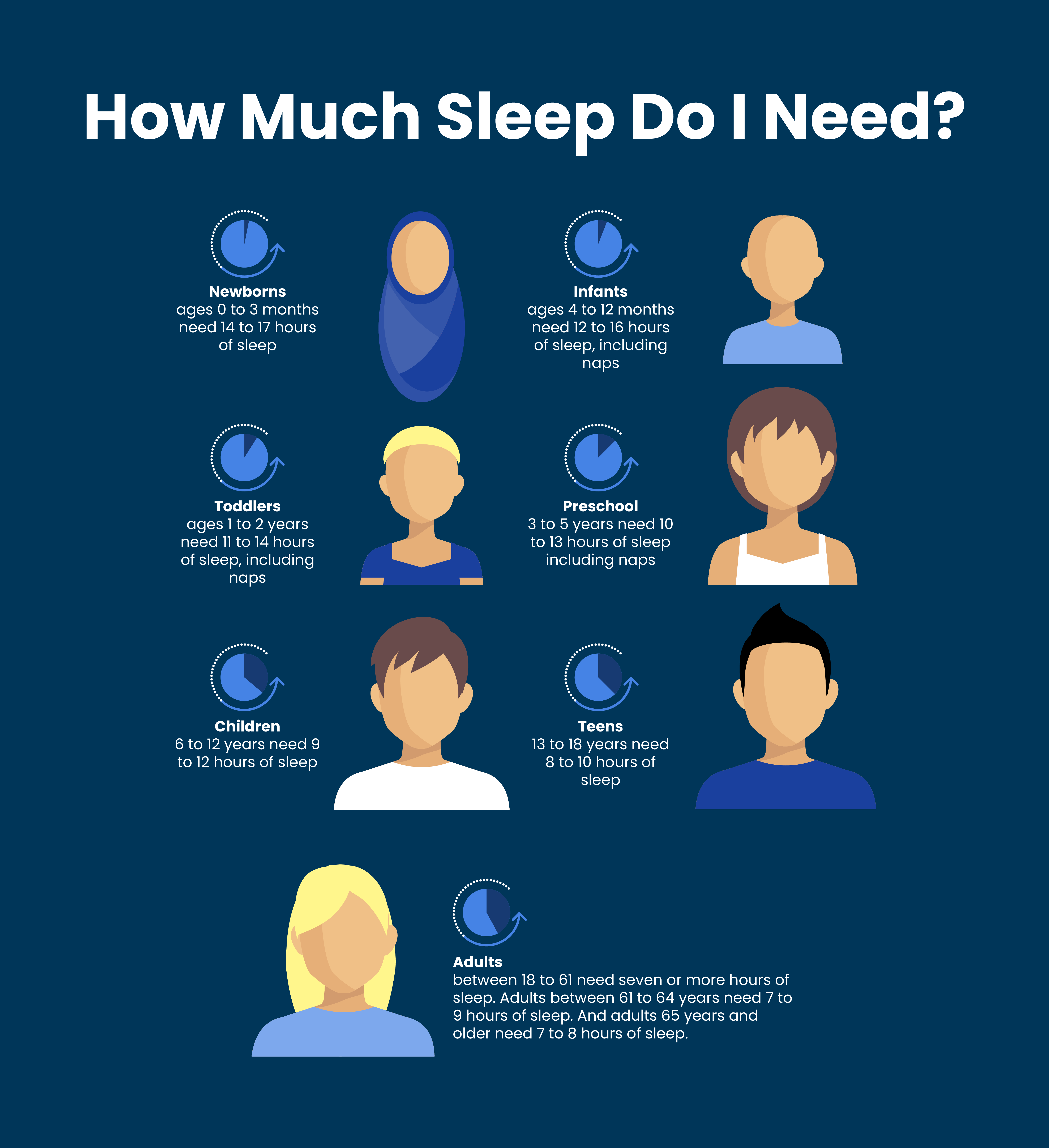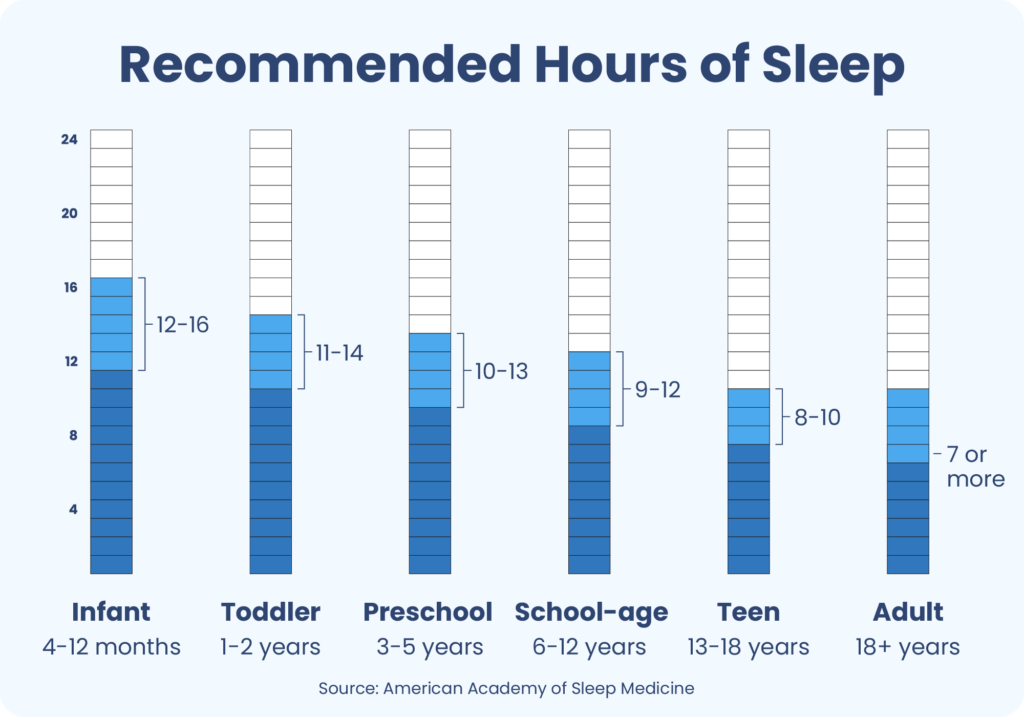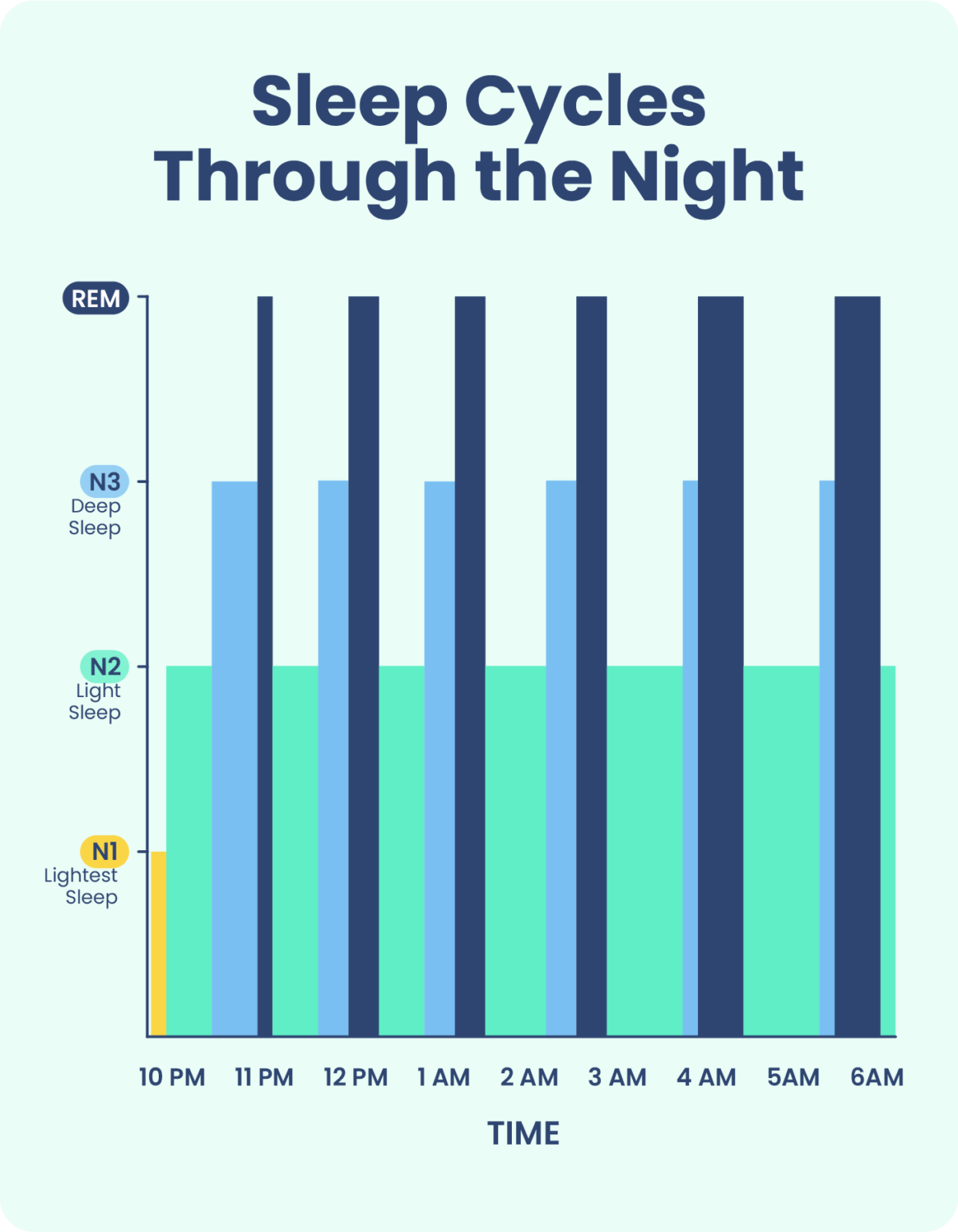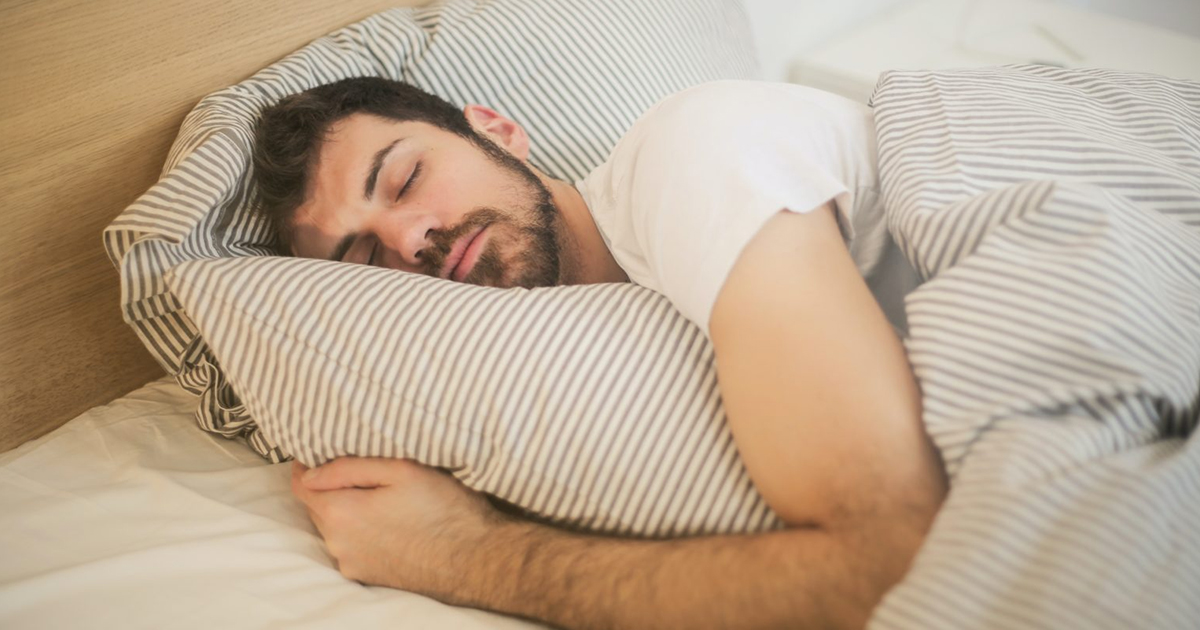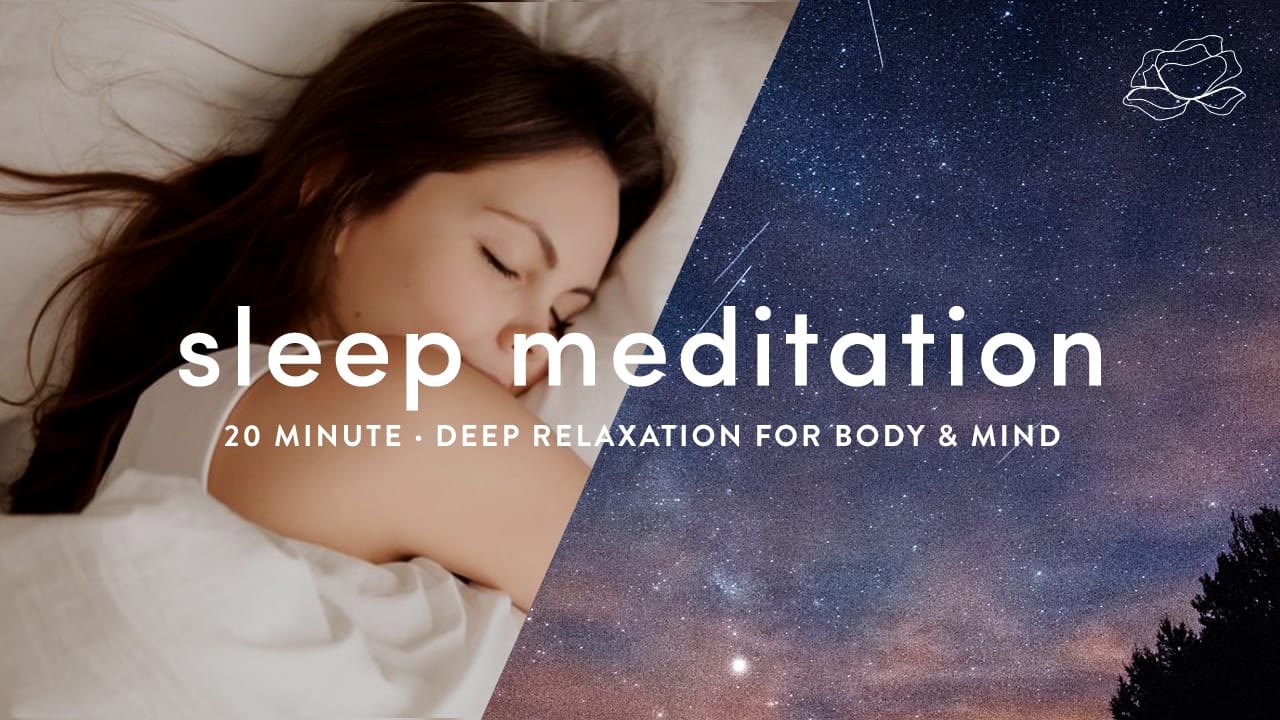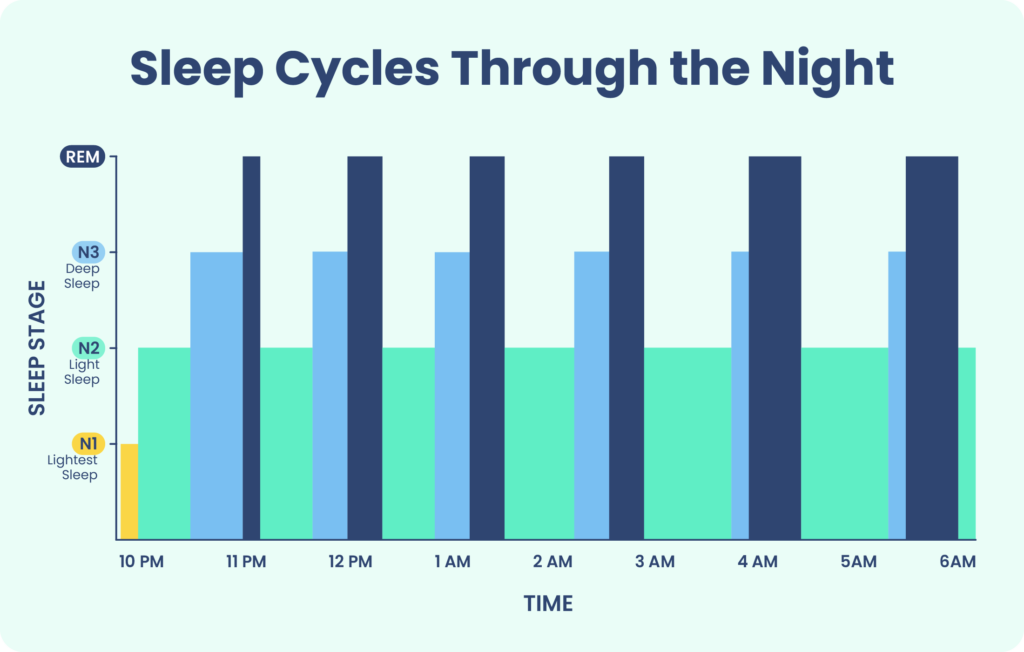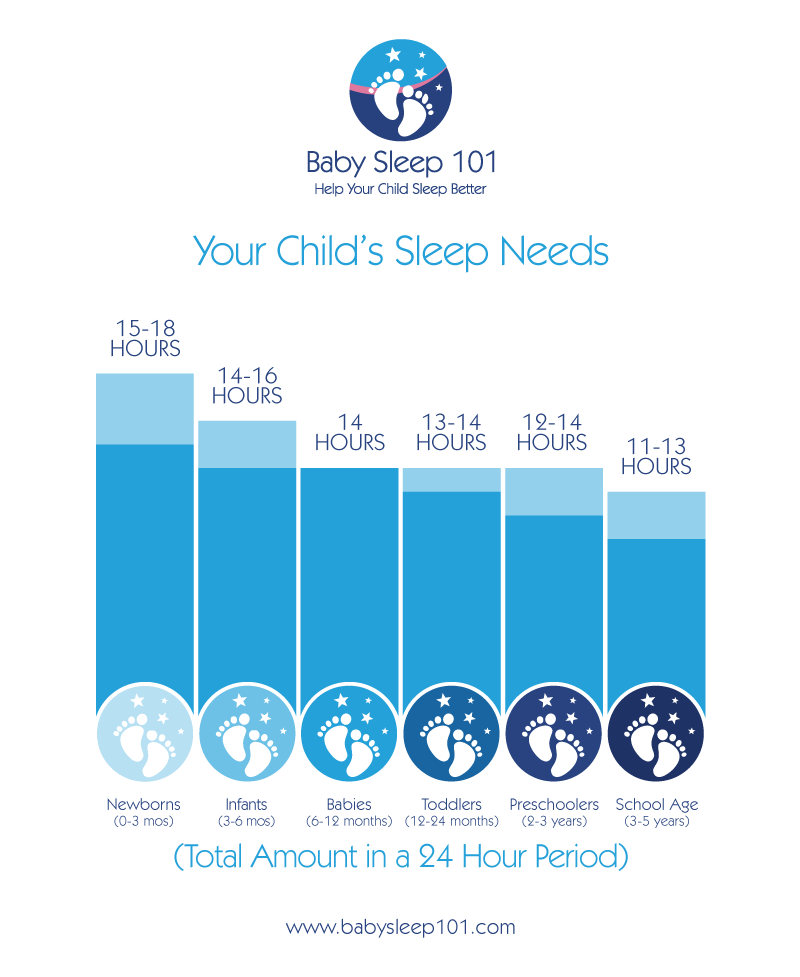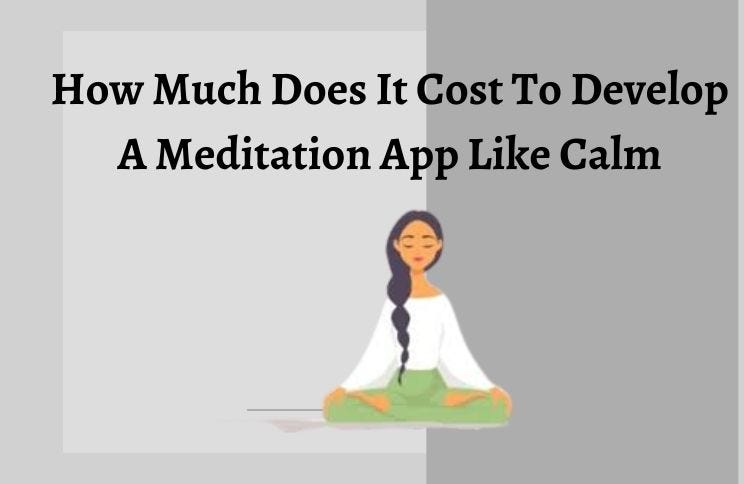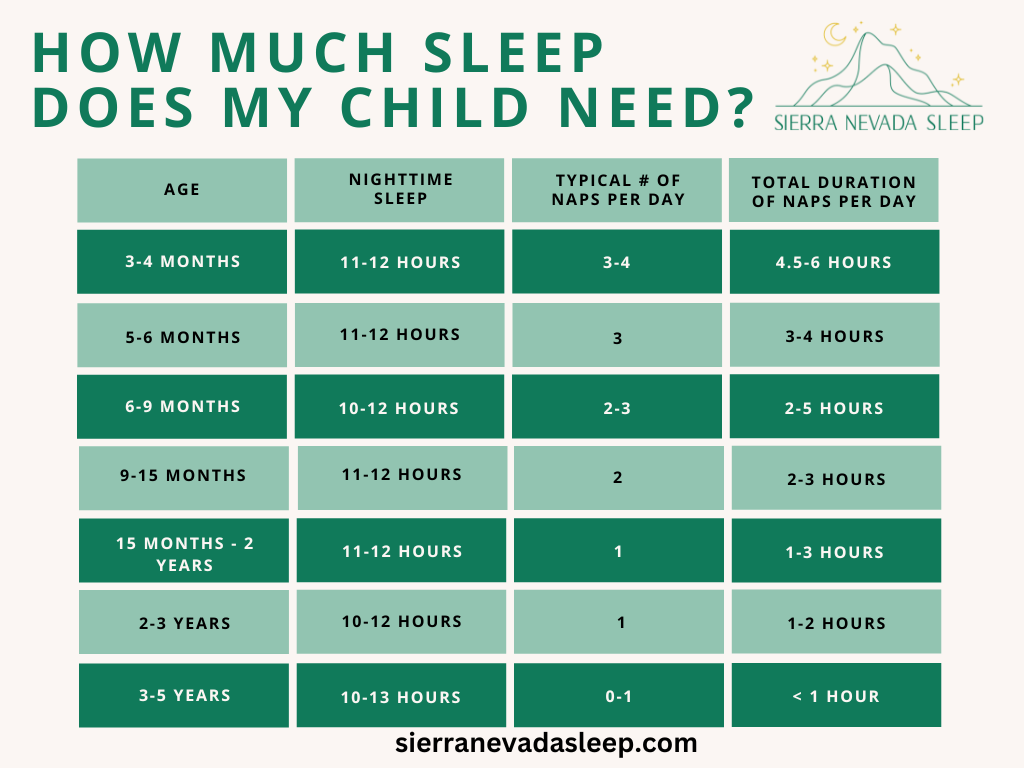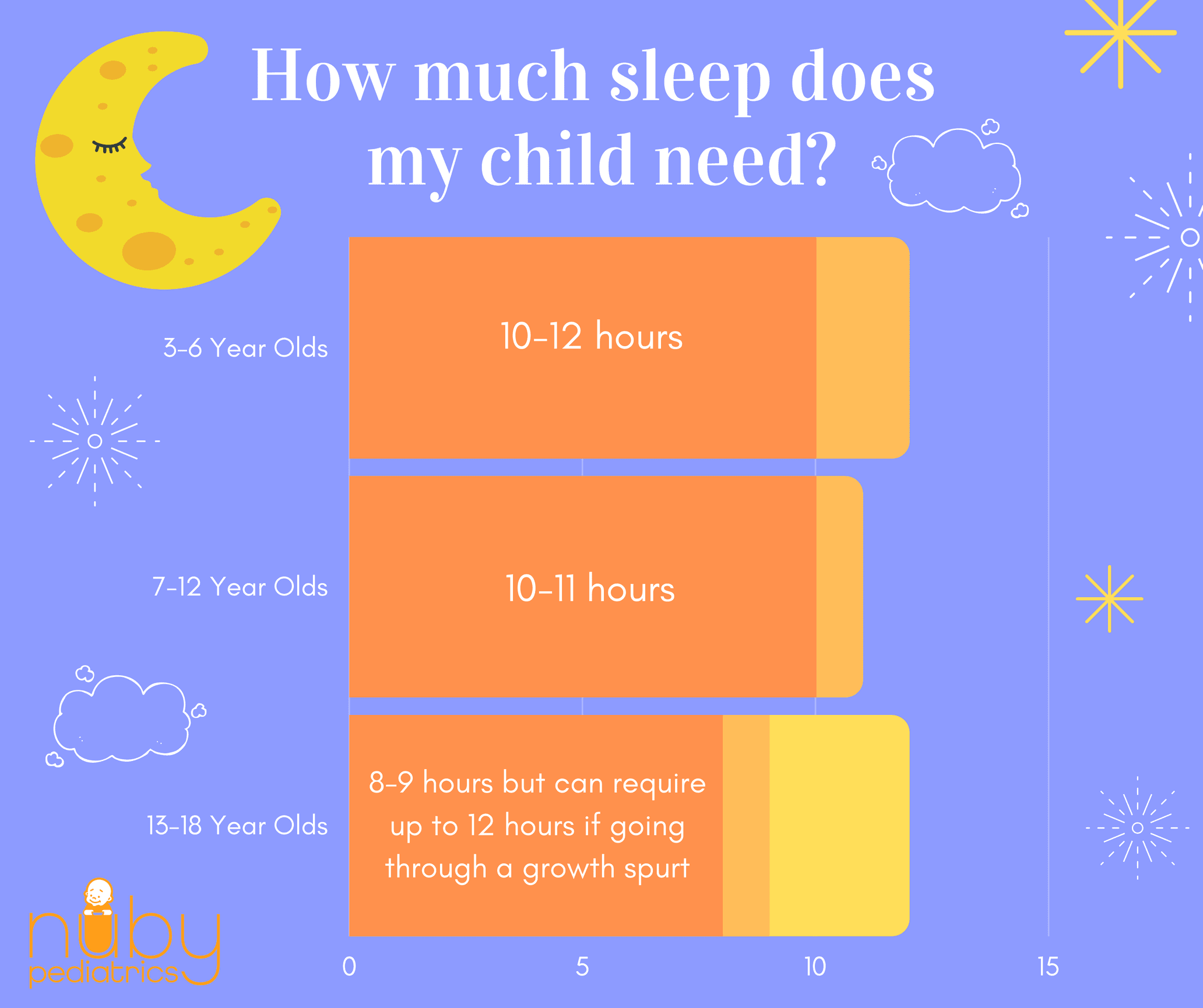How Much Does Relaxing Sleep Cost

In an increasingly stressed-out world, the pursuit of quality sleep has become a booming industry. From weighted blankets to specialized mattresses and sleep coaching apps, consumers are spending significant sums in hopes of achieving a restful night. But just how much does relaxing sleep cost, and are these investments truly effective?
This article examines the burgeoning sleep economy, exploring the various products and services available and analyzing the financial implications of prioritizing sleep in today's society. It delves into the science behind sleep aids and considers the potential long-term impact on both individual well-being and the broader economy.
The Sleep Economy: A Multi-Billion Dollar Industry
The global sleep economy is a massive and rapidly expanding market. According to a report by Global Market Insights, the sleep economy was valued at over $430 billion in 2022 and is projected to reach over $585 billion by 2032.
This includes everything from traditional bedding and sleep medications to innovative technologies and wellness services designed to enhance sleep quality. Consumers are increasingly willing to invest in solutions that promise to alleviate sleep disturbances and improve overall health.
Mattresses and Bedding: The Foundation of Sleep
Premium mattresses, often featuring advanced materials and technologies like memory foam or adjustable firmness, represent a significant portion of sleep-related spending. A high-end mattress can easily cost several thousand dollars.
Beyond the mattress, specialized pillows, weighted blankets, and temperature-regulating sheets contribute to the overall cost of creating an optimal sleep environment. These items can range from a few dollars to several hundred dollars each.
Sleep Technology: Tracking and Improvement
Wearable sleep trackers, such as Fitbit and Apple Watch, are increasingly popular for monitoring sleep patterns and providing data-driven insights. These devices track sleep duration, sleep stages, heart rate, and movement throughout the night.
The cost of these devices can range from $100 to $500, with some offering subscription-based services for more in-depth analysis and personalized recommendations. Smart beds are also emerging, offering automated adjustments and sleep environment control, often with a hefty price tag.
Sleep Aids and Medications: A Quick Fix?
Over-the-counter sleep aids, such as melatonin supplements, are readily available and relatively inexpensive. However, their effectiveness can vary, and long-term use may have potential side effects.
Prescription sleep medications, while often effective in the short term, can be costly and carry the risk of dependence and other adverse effects. The cost of prescription sleep aids can vary depending on insurance coverage and the specific medication prescribed.
Sleep Coaching and Therapy: Professional Guidance
Sleep coaching and therapy, often conducted by certified sleep specialists or therapists, offer personalized guidance and strategies for improving sleep habits. These services can be particularly beneficial for individuals struggling with chronic insomnia or other sleep disorders.
The cost of sleep coaching or therapy can range from several hundred to several thousand dollars, depending on the duration and intensity of the program. Many are turning to apps like Calm and Headspace, which offer guided meditation and sleep stories for a fraction of the cost, although their efficacy compared to professional help remains a subject of debate.
The Impact of Sleep on Health and Productivity
Adequate sleep is crucial for physical and mental health, impacting everything from immune function and cognitive performance to mood and cardiovascular health. Chronic sleep deprivation has been linked to a higher risk of chronic diseases such as diabetes, heart disease, and obesity.
From an economic standpoint, sleep deprivation can lead to reduced productivity, increased absenteeism, and higher healthcare costs. Studies have shown that insufficient sleep can cost companies billions of dollars annually due to lost productivity.
Is the Investment Worth It?
The decision to invest in sleep-related products and services is a personal one, based on individual needs and circumstances. While some may find significant benefits from high-end mattresses or sleep technology, others may find that simple lifestyle changes, such as establishing a regular sleep schedule and creating a relaxing bedtime routine, are sufficient.
Experts recommend consulting with a healthcare professional to determine the underlying causes of sleep problems and to develop a personalized treatment plan. A combination of lifestyle modifications, professional guidance, and targeted interventions may be the most effective approach to achieving restful and restorative sleep.
The rising cost of relaxing sleep reflects a growing awareness of the importance of sleep for overall well-being. While the financial investment can be significant, the potential benefits for health, productivity, and quality of life may make it a worthwhile expenditure for many.
